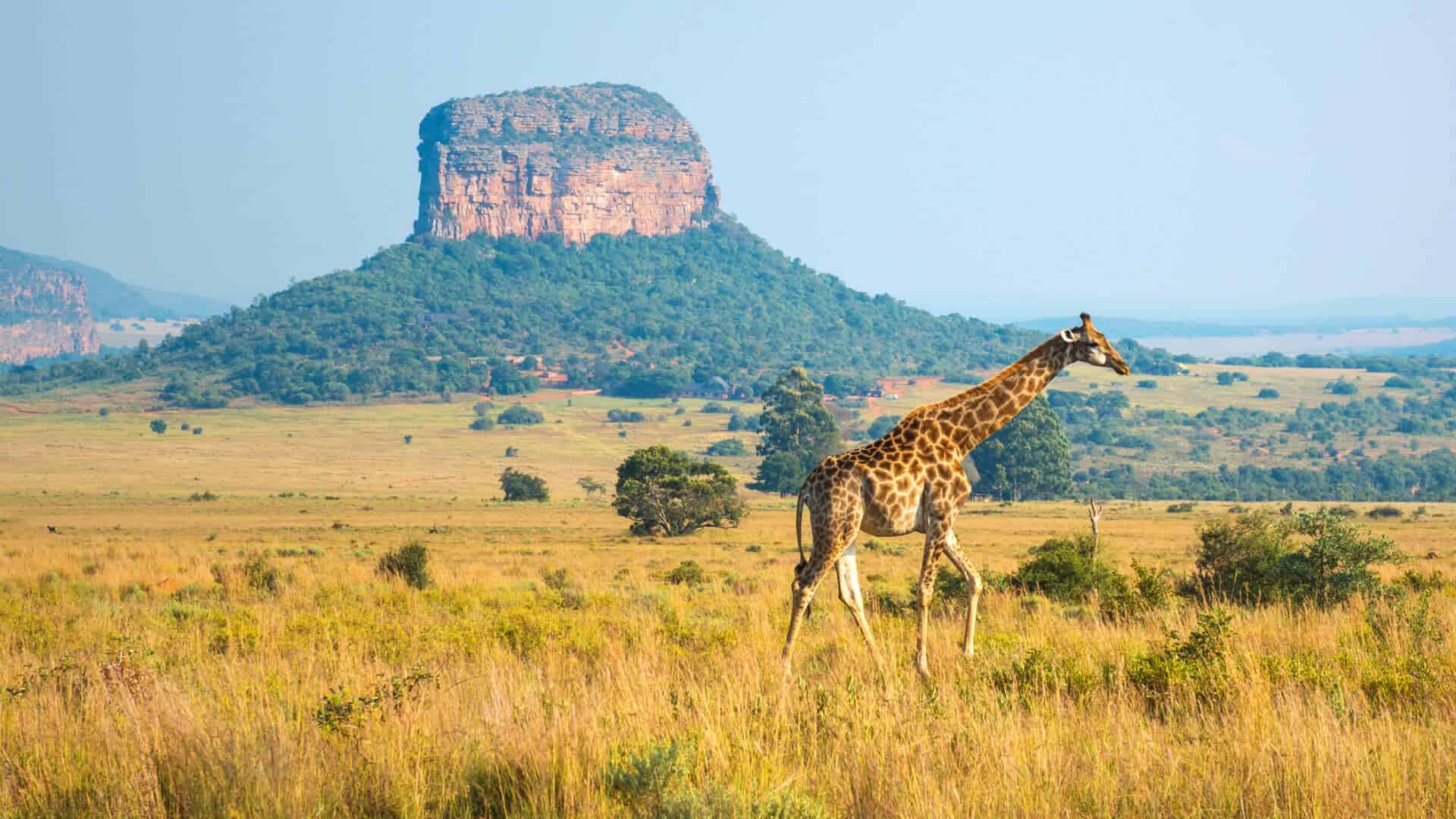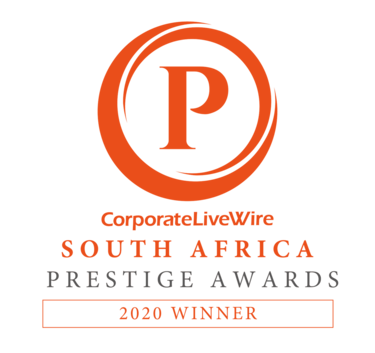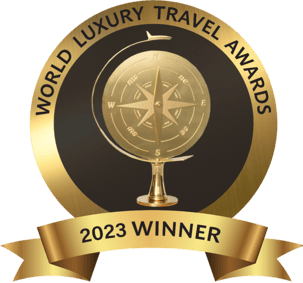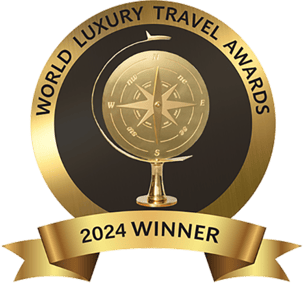Southern Africa’s diversity extends beyond its landscapes and cultures – it also spans multiple currencies, each with its own character and usage. Knowing what needs to be in your wallet will make your trip easier and less stressful, whether you’re heading to Botswana’s untouched nature, Namibia’s deserts, or South Africa’s wilderness.
Here’s your guide to which southern Africa currency to use in different countries.
South African Currency

The South African currency is the Rand; it’s often used as a reference currency in nearby countries. There are plenty of ATMs in cities and bigger towns, and most hotels, restaurants, and luxury lodges take major credit cards like Visa and Mastercard.
Botswana Currency
Pula is Botswana’s currency – the word means “rain” in Setswana (the most widely spoken language in Botswana) and it shows how much the country values this life-giving resource.
While cash is useful in isolated places, premium safari lodges and most urban businesses readily accept credit cards. Some luxury camps may also accept US dollars for gratuities and certain payments.
Namibia Currency

While the Namibian Dollar is the currency of Namibia, the South African Rand is also legal tender. This makes it easy for those with Rands to travel from South Africa to Namibia during a southern Africa safari. However, the Namibian Dollar isn’t accepted in South Africa.
Zambia Currency
Zambia’s legal currency is the Zambian Kwacha (ZMW). However, US Dollars are generally accepted in the tourism industry, especially for large purchases. Nevertheless, it’s helpful to have some local money on hand for minor purchases, such as items at markets, as well as for tips.
Malawi Currency
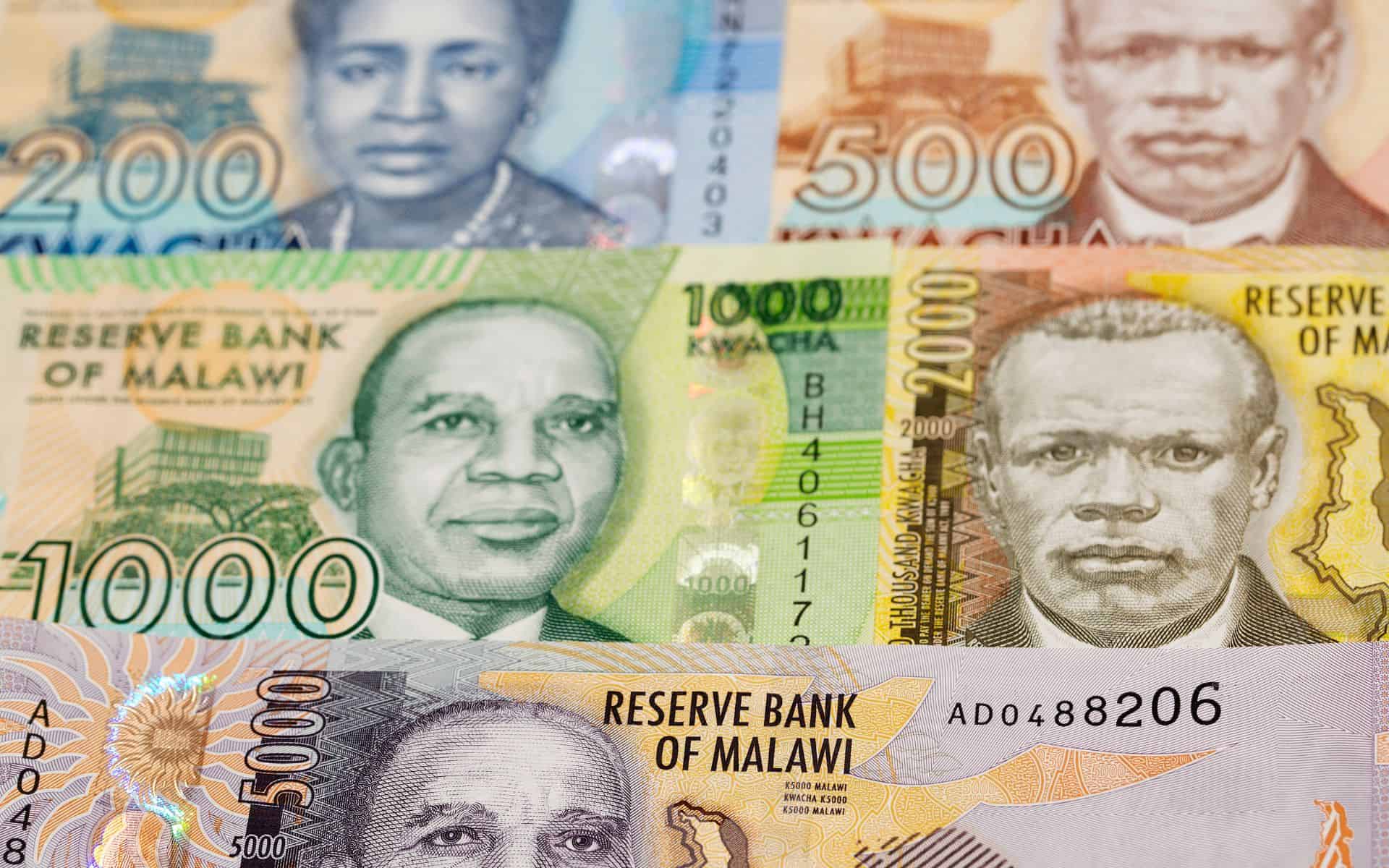
The local currency in Malawi is the Malawi Kwacha (MWK). Here, cash is definitely king, particularly when exploring the beautiful lakeshore, engaging with local markets, or paying smaller establishments.
While major hotels and high-end lodges in the main cities accept cards, you should plan to rely heavily on local cash for most of your purchases and tips. ATMs are available in urban centres, but they can be unreliable, so planning your cash withdrawals carefully upon arrival is highly recommended.
Zimbabwe Currency
Zimbabwe’s currency situation is unique. While the local currency is the Zimbabwe Gold (ZiG), the US Dollar (USD) is the dominant transactional currency in the tourism industry and for major purchases like safari packages and activities around Victoria Falls.
You should carry US Dollars in cash – especially small denominations (like $1, $5, and $10 notes) – as getting change can be difficult, and paying in small USD notes is the easiest way to manage your expenses, tips, and entry fees throughout the country.
Mozambique Currency
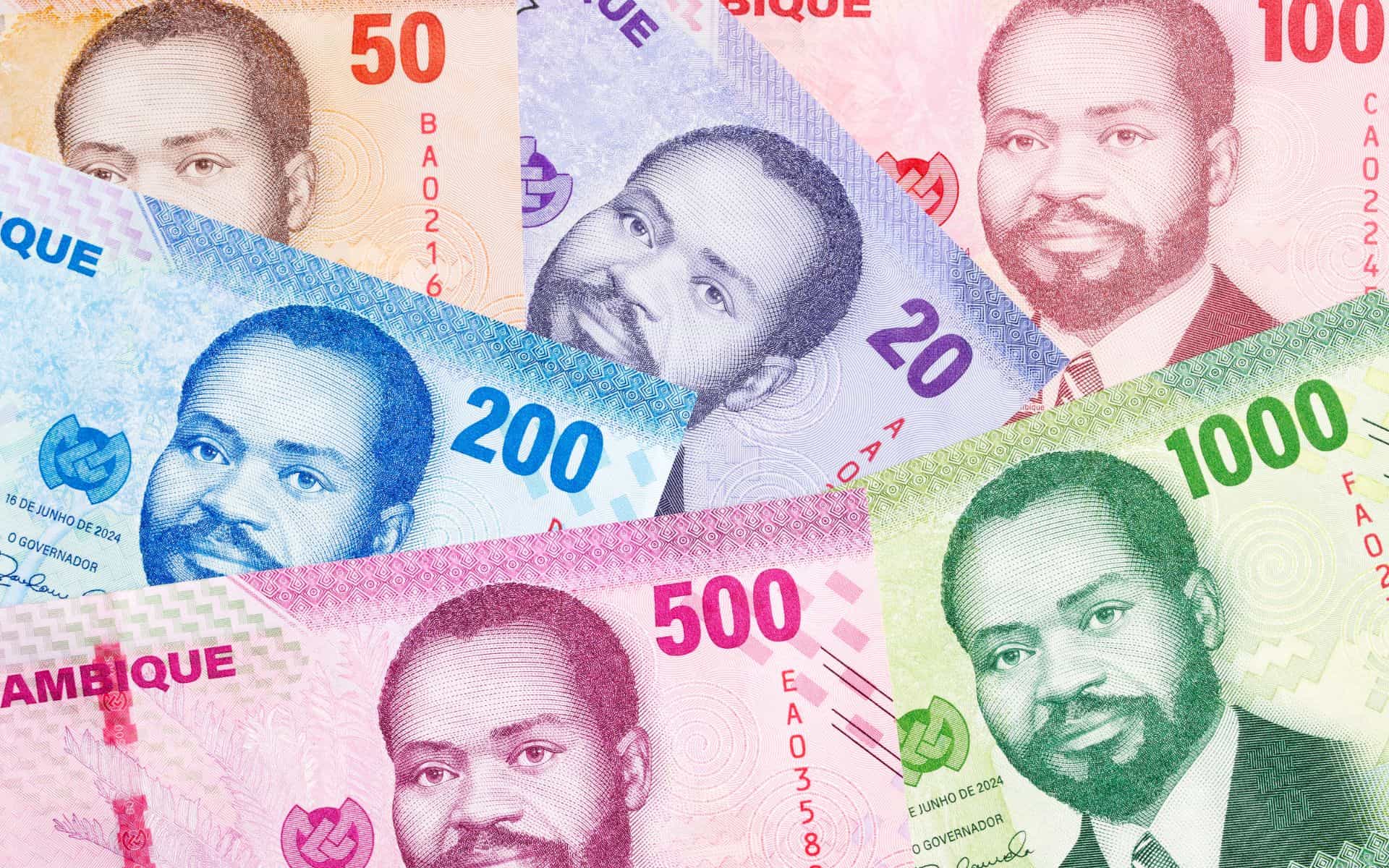
The official currency of Mozambique is the Metical (MZN). When travelling along the stunning coastline or through the historic streets of Maputo, you will generally need Metical for markets and local services. However, due to its close proximity and strong regional trade ties, the South African Rand (ZAR) is widely accepted in the southern regions of the country, especially in areas like Ponta do Ouro.
For larger bookings, such as high-end accommodation or dive charters, US Dollars and credit cards are usually accepted, but always carry Metical for a better rate at restaurants and local vendors.
Other Payment Methods
Visa and Mastercard are the most often accepted cards in high-end hotels, safari lodges, and premium tour companies. Since American Express isn’t used as much, it’s important to have another card on hand. ATMs are available in cities and towns, but it’s always a good idea to have a little bit of local money on hand for tipping and unplanned purchases at more informal stores and markets.
Southern Africa Currency Quick Reference
| Country | Local Currency (Code) | Primary Currency for Tourism / Cash | US Dollars (USD) Acceptance | Credit Card Acceptance | Recommended Tipping Currency |
| South Africa | Rand (ZAR) | ZAR | Not generally accepted. | High: Widely accepted in cities/towns/hotels (Visa/Mastercard) | ZAR (Local currency is stable and preferred by staff). |
| Namibia | Namibian Dollar (NAD) | ZAR (Legal Tender) / NAD | Accepted by some high-end camps. | High: Widely accepted in cities/towns/hotels (Visa/Mastercard). | ZAR / NAD (Local currencies are interchangeable and stable). |
| Botswana | Pula (BWP) | BWP | Accepted for gratuities and large payments in luxury camps/lodges. | Moderate/High: Accepted in cities and major safari lodges. | USD (Often preferred by staff in luxury camps for better exchange rate). |
| Zambia | Kwacha (ZMW) | ZMW (Mandatory for local use) | High: Dominant for safari, activities, and large tourism purchases. | Moderate: Accepted at major hotels and tour operators. | USD (Strongly preferred for tipping and large purchases). |
| Zimbabwe | Zimbabwe Gold (ZiG) | USD (Cash) | Critical/Dominant: Essential for most tourist transactions, fees, and tips. | Moderate: Accepted at formal hotels/supermarkets, but cash is preferred. | USD (Essential for tipping due to currency stability issues). |
| Malawi | Kwacha (MWK) | MWK | Accepted by some tourist operators but rare otherwise. | Low: Accepted mainly in major city hotels; cash is king everywhere else. | MWK (Kwacha is useful for local staff; small USD denominations may be accepted). |
| Mozambique | Metical (MZN) | MZN / ZAR (South) | Accepted for large bookings (accommodation, charters). | Moderate: Accepted in major cities and tourist centres (Maputo, Vilankulos). | ZAR or MZN (ZAR is often easier for staff in the south). |
Explore Southern Africa With Confidence
Whether you’re planning a private safari in Botswana, a scenic journey through Namibia, or a multi‑country adventure combining iconic regions, we’ll take care of the details – including providing you with practical travel advice like currency, tipping, and local insights.
Explore our southern Africa tours today and let us design a luxury itinerary where every element – from logistics to once‑in‑a‑lifetime experiences – is tailored to you.









